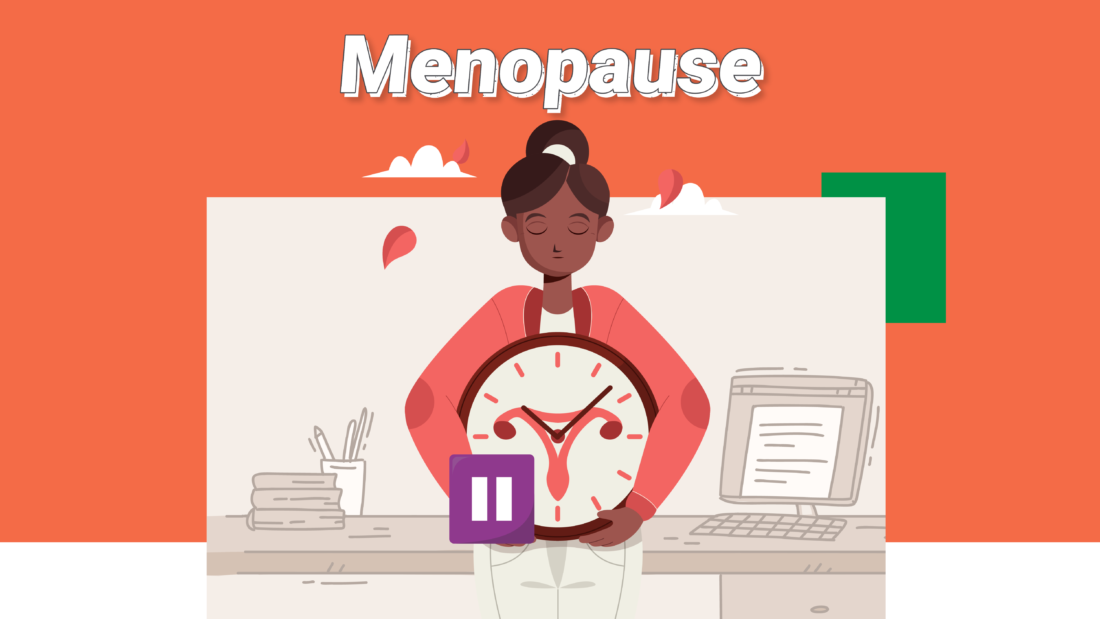The experience and impact of menopause may significantly impact a person’s life and relationships, as well as her professional growth and development. In fact some research suggests that 10% of women may leave their jobs, reduce hours and lose opportunities due to their menopausal symptoms. However, there is not a lot of conversation around this perhaps for several reasons:
- The internalisation of the idea that this is “normal” and doesn’t need to be talked about
- The taboo that surrounds conversations regarding women’s reproductive systems and processes, especially menopause and menstruation and
- The desire to seem “as good as” and not “weaker” than men and even their younger female colleagues, so as to not be at a disadvantage and receiving end of bias at work
So how can employers respond?
A survey from Acas has found that a third of employers (33%) do not feel well equipped to support those experiencing menopause, as well as a “lack of confidence around whether some managers have the skills to support staff that are experiencing menopause symptoms”.
The first place to begin then is to create a space of understanding the issue and it’s impact to the team, as well as those efforts that may support the team through this experience. These initiatives can be run through:
- Focus Group Discussions with people who are willing to talk about their experience of menopause and discuss the challenges that arise
- Anonymous surveys, that engage not only person’s experiencing menopausal symptoms but also perhaps managers who may be working with the team.
Once there is a clear understanding of the context and support required, the following steps will be helpful to engage:
- Training and awareness programs for:
- Managers to understand the issue or menopause and it’s impact, confront any unconscious bias and adopt sensitive methods of responding to the issue and learning skills and strategies to support their team and colleagues
- Employees to explore the issue of menopause and it’s impact on people, build empathy and confront any unconscious bias, promoting a space of respect, inclusion and support
- Women, transmen and nonbinary people who may experience menopause to confront and work through any existing internalization of stigma and bias, and to empower them to know and access their rights at work
- Policy and practice:
- To adopt a policy on menopause & include it under the equal opportunity policies of the organisation, with the intention to explain the reason for the policy and the support extended to persons under it
- To detail expected behavior and responses to working with people experiencing the same
- Provisions of support:
- To ensure that certain practical or infrastructural support can be provided for example temperature control and reasonable adjustments including flexitime and work from home options
- Create access to therapeutic support to navigate the emotional and mental impact through EAP or referrals
- Create access to support through Employee Resource groups and other similar functions to create a network of connection, shared experience and support.
– Written by Rosanna Rodrigues, reviewed by Samriti Makkar Midha
Further reading:
Managing the effects of the menopause: Menopause at work – Acas
 Cart is empty
Cart is empty 


